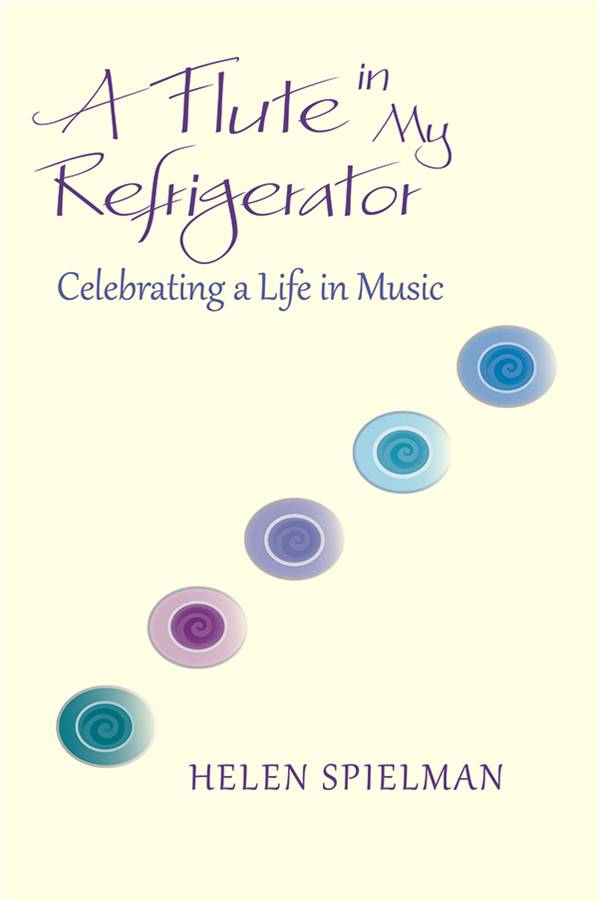When Donna, a 44-year old beginner, first came to me for flute lessons, she took beta-blocker drugs to subdue her extreme anxiety. She didn’t share this information until a year later, after deep trust had developed between us. What she did say, that first day, was that she has been traumatized musically during her youth. She started studying piano as a college student, making a late decision to become a music major. Donna continued, “My teachers treated me kindly, but the same as the other students who had studied for years. No one realized what it was like for me to come into it with so little knowledge. I felt I had to make up for lost time and that I was unable to live up to my professors’ expectations.” The sensitive person and musician inside Donna was not nurtured. Being required to play at recitals filled her with dread, and she described two such occasions when she “fell completely apart.” Donna gradually lost her love of playing; the music inside simply couldn’t come out because she became too focused on technical perfection. She eventually dropped music as a career goal, and became a successful, respected psychiatrist instead. For the next twenty-five years, although she continued to enjoy listening to music, her desire to play was stifled.
I often reflect on how even our most suppressed longings find a means of expression, and how when the student is ready, the teacher will appear. Donna found me, and started to study the flute. She often showed signs of tension during lessons. Her palms would be sweaty, she’d laugh nervously, and would mention tightness and discomfort in her hands, upper back and legs. I acknowledged her fear, let her know that I understood, and shared with her some of my own fears about performing and taking lessons. I reminded her, over and over, that the beauty of her music was not dependent on perfect playing, and that I respected her as a person and as a musician, no matter how many wrong notes she might play or how long it might take her to master a particular technique.
Donna, like many of my adult students, was hard on herself. When she miscounted a rhythm, she’d stop and say “No!” She’d listen to James Galway’s recordings and become discouraged at how “awful” she sounded compared to him. If I complimented her on a particular passage, she’d respond, “Well, it needs more work.” I gently but persistently encouraged her to focus on the positive. Donna practiced her flute conscientiously, and I knew that she would keep making progress. The communication of my steadfast faith in her allowed her to know that no matter what she did musically, I would believe in her, respect her, and love her and her music.
A Musical Miracle
Pages: 1 2

